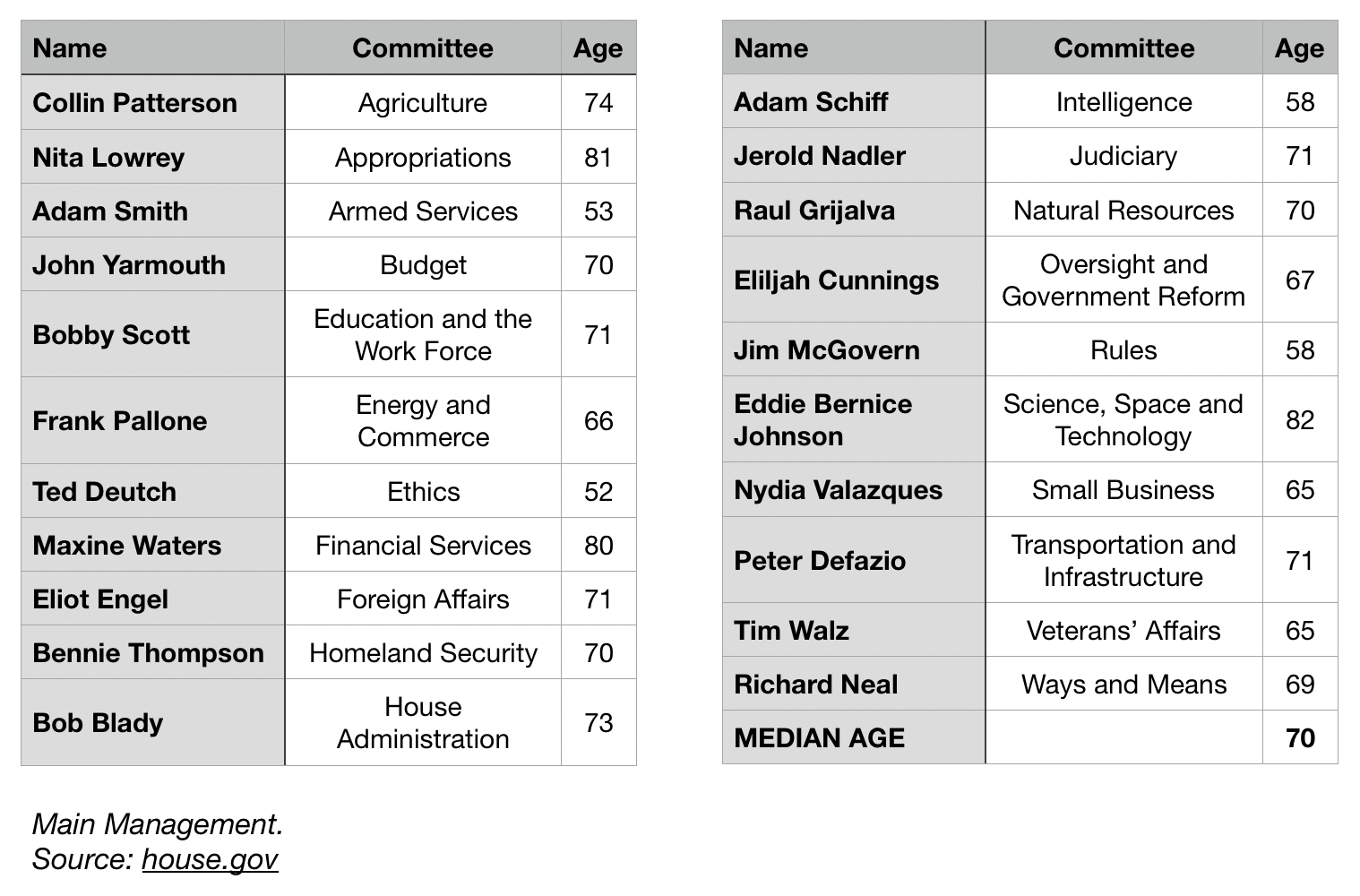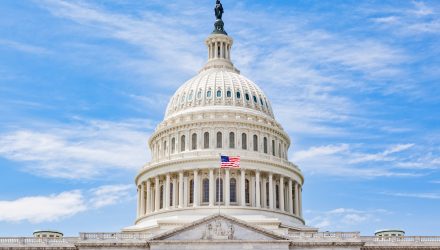How the Equity Markets may perform with a ‘split Legislature’
By J. Richard Fredericks, Main Management
The mid-term elections happen this week. Pundits are in general agreement that the Democrats will likely win back the majority in the House and that the Republicans will hold the Senate. More specifically, the Cook Political Report estimates that the Democrats will win between 25-40 seats while Nate Silver at FiveThirtyEight suggests that there is an 87% chance that the Democrats will prevail and the average gain will be 39 seats. While there are no guarantees, if the House does flip the 23 seats necessary to achieve 218 seats and a Democrat majority … then what?
The first order of business will be that the Democrats will take their places as the heads of the various standing committees. The historic purpose of the standing committees is to consider bills and issues and recommend measures for consideration. The committees also have oversight responsibility to monitor agencies, programs, and activities within their jurisdictions, and in some cases in areas that cut across committee jurisdictions. Most standing committees recommend funding levels or authorizations for current government operations and/or for new and existing programs.
The prospective new committee chairmen and chairwomen are listed below along with the committees they will head and their respective ages. The seniority element of the process is very much in evidence as the median age of the new Chairpersons will be 70 years old (range 52 to 82). Four of the 21 standing committees, or 19% will be headed by women and all will be under the auspices of the new (and re-instated) Speaker of the House, Nancy Pelosi (age 78).

So the operative question is … What might one expect with the Democrats in the majority?
The key to the power of the committee system is the ability to set agendas and the power to subpoena. Having sat on the sidelines since the mid-term elections in 2010, we might expect the Democrats to do the mirror opposite of everything the Republicans have been doing since they have been in power. That would most likely translate into an avalanche of requests for any number of things from Congress to the Administration and all kinds of actions under the rubric of ‘oversight’ that would thwart any Republican agenda item. Simply stated, the Democrats may elect to take steps to ensure that President Trump’s job would be made much more difficult. Another couple of words that may be used to describe the next two years could be ‘gridlock’ and/or ‘resistance’.
Our own view of the Democrat’s ‘to-do list’ follows:
- A rollback of what has been passed under Trump (like taxes and reduced regulations) and further blocking any attempts at creating new laws favored by the Administration while passing laws favored by the House, even though they fully understand that they will die in the Senate.
- Resuscitate the House Intelligence Committee’s Russia investigation even though there has already been a completion of the inquiry under the Republican led House.
- Make sure that the Robert Muller investigation reaches an unfettered conclusion.
- Subpoena documents to ‘fully understand’ what the various cabinet led efforts are and where they are going. Additionally, issue subpoenas for all the ones that the Republicans blocked earlier (we understand that there were 52 subpoenas that were blocked). Last, they will probably issue subpoenas in areas like Trump’s taxes; his business practices before becoming President; issues regarding the emolument clause; and even further investigation into payments to Stormy Daniels.
- Push the Democrats “Better Deal” platform which includes efforts in the areas of 1) an Obamacare fix; 2) a bump in the minimum wage to $15 per hour; 3) gun control legislation; 4) a program to lower the prices for prescription drugs; 5) an infrastructure bill; and 6) a pathway to citizenship for the ‘Dreamers’.
- With respect to point one above, we feel that there may be a push within the Democrat controlled house to change the healthcare system in our country towards either Universal Healthcare or Medicare for all.
- And yes – we believe there will be a push to introduce impeachment proceedings against President Trump (and possibly Justice Kavanaugh). In our minds this may be tilting against windmills as the process is stacked against removal from office. The process first starts in the House when one of its members introduces a resolution, which goes the Judiciary Committee within the House. They then must vote to authorize the beginnings of the procedure to impeach and move it to the entire body of the House where a simple majority vote is all that is needed to send it to the Senate for a trial there.
In the Senate, a two-thirds vote is needed to impeach, which is a very tall order given the expectation of a Republican majority in the Senate. That said, the process would be a time-consuming process that may be an embarrassment for the President and a black eye for the country.
How might Trump operate with a split Congress?
President Trump is not likely to sit idly by and be neutral in the process. In his first two years, President Trump liberally used executive orders to counter many of those made by President Obama. We believe he is likely to continue to exercise that power with a split Congress.
We believe that within the Democratic “Better Deal” agenda, there are three areas which the President might be able to work with the Democratic House. Those areas would be infrastructure, prescription drug pricing, and a solution to the Dreamer issue. Trump has talked about or made efforts in all three, but it remains to be seen whether the gap in the policies proposed by each side can be closed.
There are other areas where the President remains in full control, such as the ability to remake the court system in the United States by appointing justices to the bench and/or making other appointments which are confirmed in the Senate only. Furthermore, the President also has a relatively free hand to conduct foreign affairs.

